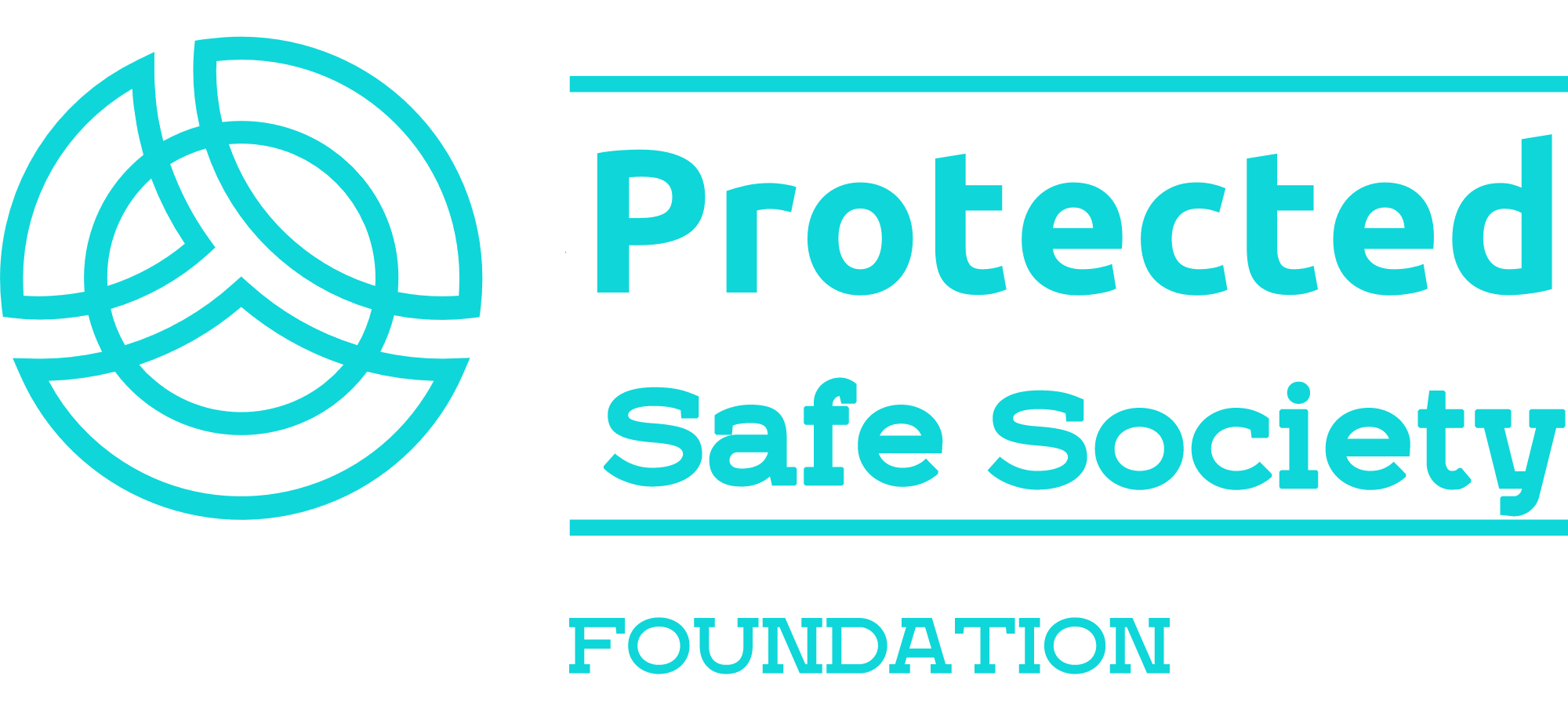Europe must be prepared for a second Trump era – A comprehensive analysis was written on this topic by the Foreign Affairs portal, considered the mouthpiece of the deep state
Planning a post-American NATO is a must! Europe must be prepared for a second Trump era!
Europe might soon find itself in a tight spot. By the end of January 2025, the continent’s most important partner, the United States, could be led by former President Donald Trump, who encouraged Russia to “do whatever they want” to European countries that do not spend more on defense according to his wishes – starts the Foreign Affairs portal.
The previous Trump administration already strained transatlantic relations, and the next presidency would almost certainly be worse. Without the traditional atlanticist republicans staffing his cabinet in his first term holding back, a second Trump term would have fewer obstacles before him to carry out his threats.
A comprehensive analysis on this topic was written by the Foreign Affairs portal, considered the mouthpiece of the deep state. It is worth paying attention to how they plan the future and approach certain questions.
The American elections are far from being decided, but the magnitude of the changes triggered by a potential Trump victory is too great for Europe to idly watch the former president lose at the ballots.
Trump has long questioned the value of NATO, so it is not unthinkable that he would withdraw the United States’ commitment to defending Europe.
He could enact the analyst Sumantra Maitra’s widely circulated “dormant NATO” proposal, in which the U.S. military would provide logistical support as a last resort, but all other NATO defense responsibilities would be left to Europe, or he could follow in the footsteps of French President Charles de Gaulle, who in 1966 withdrew France from NATO’s military command (though not the alliance itself).
The assurances that Washington will not completely disappear from Europe do not make the proposals on Trump’s path less dangerous. The trust and dedication of NATO members hold the alliance together; any incomplete U.S. withdrawal from NATO would undermine the trust they have in the alliance if Trump were to push for it.
There is no reason for Trump not to act quickly.
🛑 As commander-in-chief, he could pledge never to command U.S. troops to fight for Europe and take steps to withdraw the United States from NATO’s military command.
Europe could potentially face a security crisis as severe as it has not seen since World War II.
Without U.S. military leadership and capabilities, European capitals could quickly turn against each other over Ukraine.
Central and Eastern European countries, for example, could double down on their commitment to Ukraine’s survival, fearing that a Russian victory would pave the way for Moscow to rebuild, rearm, and pose new threats across the border, with an obedient Belarus and Ukraine by its side.
While many Western European countries may decide that their best option post-U.S. exit is to force Ukraine to make extensive concessions to Russia. The European security alliance could crumble under the weight of such incompatible views.
❗ To avoid the worst-case scenario, European countries and institutions need to start planning now.
– They need to prepare for a Trump presidency that could result in the withdrawal of the United States from Europe, making the continent vulnerable, except for the easily redeployable American naval and air forces.
In the face of the risks posed by such a scenario, the continent’s leaders will have to grapple with a number of difficult questions.
The most urgent questions fall into three categories:
1. How to structure European security,
2. Who will lead the efforts,
3. and what capabilities Europe needs to acquire.
Based on these, Europe can begin preparing for the possible loss of its strongest defender on the continent.
Answering the question of the post-America security structure may be the easiest.
If the United States were indeed to withdraw from Europe, European countries could maintain their security alliances through one of the many institutions Washington would leave behind.
Apart from Canada’s possible complex situation, which, if it remained in NATO after a U.S. exit, would oblige the alliance to honor, the simplest and best solution would be for Europe to take over the chairmanship of the North Atlantic Council (NAC), the decision-making body within NATO.
The NAC should quickly reorganize after a U.S. withdrawal – for obvious reasons, the body cannot plan for a U.S. exit while the United States is still a member – but the Council is familiar to every European NATO country and has a well-functioning secretariat.
Included among its members are Norway and the United Kingdom, significant non-EU security powers.
🛑 Both countries strongly support Ukraine and would be pivotal players in a potential war against Russia.
The British air and naval forces, in particular, defend most of NATO’s northwestern flank. In the future, Europe will need these capacities, as well as London’s nuclear deterrent. Cooperation through the NAC could be the best way to strengthen this relationship.
🔶 If European countries took over the NAC, they could reinvigorate and repurpose scattered NATO facilities across the continent, such as the NATO Defense College.
The new NAC could also activate the support of other European institutions.
For example, the EU could help coordinate national legislative amendments and bloc-wide financial planning necessary to prepare European societies for a possible conflict.
Finland and Sweden, two recent NATO entrants, could greatly contribute to this effort.
Decades of neutrality have forced them to develop wartime mobilization plans and build resilient economies and state structures, while most of their neighbours have relied on NATO membership to cover their security challenges.
And while the NAC would remain the primary decision-making body for NATO members, the European Political Community, established after Russia’s 2022 invasion and including several non-NATO countries, would play a pivotal role as a forum for discussing security issues affecting the entire region.
For nearly 75 years, European countries have essentially outsourced geopolitical leadership to the United States.
Determining who could replace Washington in a European security structure is therefore challenging. No European country has experience with this task, and there is no natural leader to whom others could rally.
Germany appears to be a likely candidate since it is the largest economy and most populous country in Europe.
❌ However, Berlin, plagued by political indecision, has so far failed to take a leading role in the conflict in Ukraine.
After snuggling up to Russia before the 2022 invasion, then aligning with the United States to limit support for Ukraine, Germany has lost the trust of many central and eastern European countries, fearing they will find themselves on a new front line.
Olaf Scholz’s government has sent mixed signals: the chancellor’s own Social Democratic Party supports one policy, while the coalition partner, the Greens, support another. Concerns are also raised by the open pro-Russian positions of the far-right Alternative for Germany and the far-left Law and Justice parties, both of which performed well in last weekend’s provincial elections.
➽ Olaf Scholz may step down as leader of the Social Democratic Party of Germany after the defeat in the regional elections!
France might be a better choice.
As one of Europe’s two nuclear powers, France would inevitably play a crucial and immediate role in European security in the event of a U.S. withdrawal. The French have a capable military, and even during the Ukraine conflict, President Emmanuel Macron tried to take a leading role in Europe by urging stronger support for Ukraine and floating the idea of deploying European forces if necessary.
➽ Macron is building a “war coalition” to send troops to Ukraine
Paris, however, like Berlin, carries significant commitments. In the early days of the invasion, Macron supported striking a deal with Russian President Vladimir Putin, and today, France’s increasingly influential far-right and far-left politicians, as in Germany, are seriously discussing reducing support for Ukraine.
The frontline countries cannot find France more reliable than Germany when it comes to maintaining European defence.




